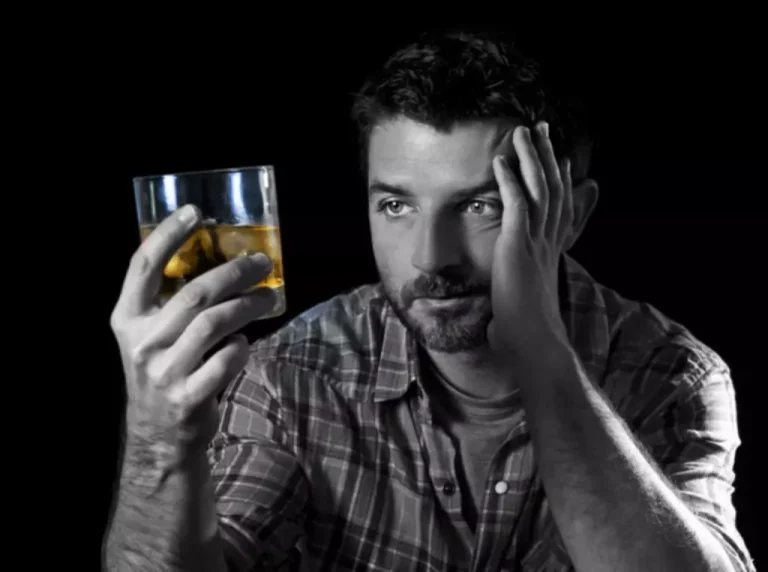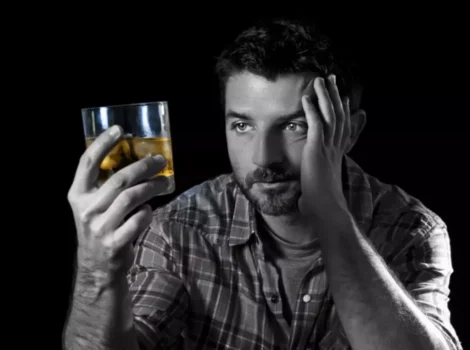
It’s changing the way you feel or act toward something by changing how you think about the situation. Write down the negative thoughts you might have between therapy sessions and how you replaced them with more positive ones. A benefit of CBT is that you can start making changes right away and use these skills for the rest of your life. You can work with your therapist on the techniques that work for you and your unique situation.
Other substance use disorders

The study of effectiveness of motivational enhancement strategies has yielded mixed results. For example, in a large effectiveness trial of motivational enhancement therapy for Spanish-speaking patients seeking treatment for substance use, Carroll et al 50 found small advantages for this treatment relative to TAU only among those in the sample seeking treatment for alcohol problems. This finding of an advantage for motivational enhancement in alcohol and not drug using samples was consistent with prior investigations.51 Similarly, a study conducted by Gray, McCambridge, and Strang 52 examined the effects of single-session MI delivered by youth workers for alcohol, nicotine, and cannabis use among young people. Upon 3-month follow-up those who received MI reported significantly fewer days of alcohol use than those who did not receive MI; however, significant differences were not found for cigarette or cannabis use indicating that the extent of benefit of MI is more modest than that identified by efficacy research studies. Results for the improvement of retention with motivational enhancement in effectiveness studies have been more promising.53 effectiveness research to better understand the application of CBT outside of controlled research settings. The COMBINE study51 was designed to evaluate the efficacy or pharmacotherapy, behavioral therapy and their combinations for treatment of alcohol dependence and to evaluate placebo effect on the overall outcome.
Skills Training
- If someone has already undergone a treatment program with counseling and therapy but continue to relapse, it might be time to explore alternative care or enter an extended, intensive treatment program.
- CBT for substance use disorders captures a broad range of behavioral treatments including those targeting operant learning processes, motivational barriers to improvement, and traditional variety of other cognitive-behavioral interventions.
- Psychological interventions are an essential part of the treatment regimen and efforts should be made to integrate evidence-based interventions in all substance use disorder treatment programs.
Severe substance use disorder, or addiction, is repeated drug use despite harmful effects, and not being able to stop using the substance. Engaging in such behaviors often can make those thoughts and feelings cbt interventions for substance abuse better in the short term, but much worse in the long term, leading to cumulative stress. Cognitive-behavioral therapy teaches different skills to better manage our thoughts and behaviors. One particular skill is the importance of gaining a greater awareness of our automatic thoughts so we can examine both the accuracy, as well as the helpfulness, of such thoughts.
Learning To Say No To Substance Use
Several studies have developed web-based interventions for individuals with stimulant use disorders (amphetamines or cocaine). In a study conducted fully online in Australia, 160 individuals with self-reported amphetamine use problems were randomly assigned to a three-session computerized intervention based on MI with some components of CBT or a https://ecosoberhouse.com/ wait list control (Tait et al., 2014). Uptake of the computerized intervention was weak, with only 63% of those assigned to this condition accessing a module, and rates of 3-month follow-up were modest across conditions (57% of those in waitlist control and 48% of those assigned to computerized intervention).
Patients on opioid agonist maintenance therapies
- Listen to Greenhouse Treatment Center‘s Gary Malone, MD discuss the role of therapy in addiction treatment.
- Top-quality care should consist of a team of knowledgeable, empathetic professionals capable of helping someone confront their past and equipping them with strategies to handle painful memories and emotions.
- The effectiveness of cognitive behavioral therapy for substance abuse may depend on which substances a person uses.2 Research found that effectiveness may be higher for marijuana than for alcohol, cocaine, and stimulants, for example.2 However, more research is needed.
- People opting for group therapy and support groups are often looking for peers to offer guidance and support in their recovery journey.
Novel treatment strategies including more scalable modalities (such as computer-based programs) and combination strategies to improve rates or speed of treatment response (such as DCS) may aid in the transportability of treatments outside of research settings. In contrast to the ample evidence regarding CBT’s efficacy, far less is known regarding the mechanisms of how it exerts its effects (Kazdin, 2007). As one of the primary elements of CBT is cognitive and behavioral skills training, most early studies of possible mechanisms of CBT focused on the improvement of these skills as a mediator of treatment effects.


The findings revealed that among the participants, 298 individuals (88.9 percent) had encountered childhood adversities, with 44.4 percent of them reporting more than five childhood traumas. Notably, relapse was observed in 40.9 percent of the participants, while an extended hospital stay was recorded in 71.1 percent of cases. Predictors for prolonged hospitalization included experiences of emotional abuse, substance use, and residing in rural areas. Before we dive into the role of cognitive behavioral therapy in preventing relapse, let’s understand what relapse is and why it’s so common.

